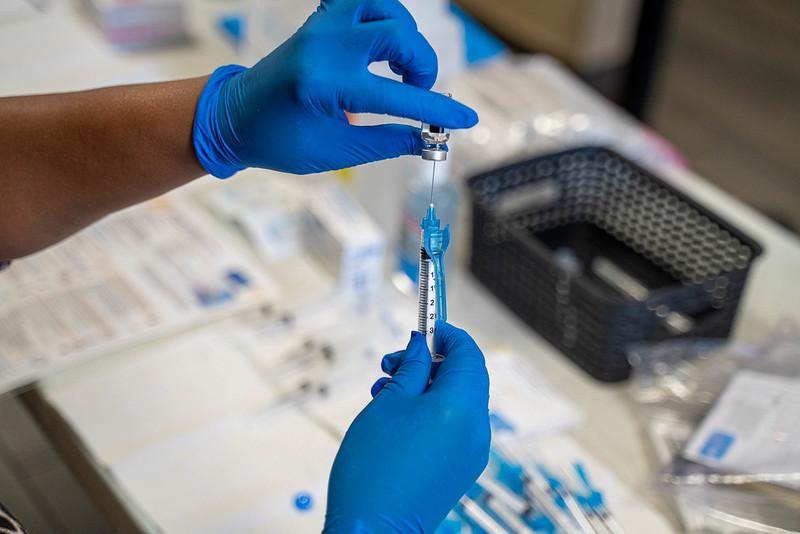The World Health Organization (WHO) Technical Advisory Group on COVID-19 Vaccine Composition, which meets about every 6 months to assess if any changes are needed, has recommended that the next COVID vaccine formulations use a monovalent (single-strain) JN.1 lineage.
The group met in the middle of April to review the genetic and antigenic evolution of SARS-CoV-2, with an eye toward vaccine composition implications.
In a statement, the experts note that the XBB lineage has been displaced by JN.1 and said that, over the short-term, circulating variants will likely be derived from JN.1.
A year ago, the group recommended a switch to XBB.1.5 for COVID vaccines, but evidence from animal studies and human sera experiments suggests that XBB.1.5 and JN.1 are antigenically distinct. Animal studies and tests on human blood following exposure to XBB.1.5 from vaccination or infection suggest that neutralization titers against JN.1are two to five times lower than titers against the XBB.1.5 vaccine antigen.
Current vaccine might be less effective as JN.1 evolves
"There are further reductions in cross neutralization of JN.1 variants with F456L and/or R346T substitutions," the advisory group said. The two substitutions have been nicknamed FLiRT (F for L at position 456 and R for T at position 346), and virologists had seen them crop up in earlier SARS-CoV-2 variants.
In the United States, for example, a JN.1 spinoff called KP.2 that contains the FLiRT substitutions edged out the JN.1 parent virus as the most commonly detected variant, the Centers for Disease Control and Prevention (CDC) said in its latest variant proportion estimates.
The WHO experts said the few studies that estimate relative vaccine effectiveness (VE) for the XBB.1.5 vaccine during JN.1 circulation suggest some protection during the first 3 months after vaccination, but with a slight reduction in VE against JN.1 for protection against severe and symptomatic disease, similar to what neutralization antibody titer studies found. They added, however, that the ability for XBB.1.5 vaccination to protect against symptomatic disease may be less robust as SARS-CoV-2 evolution continues from JN.1.
Meanwhile, a single immunogenicity study in humans of a candidate monovalent JN.1 vaccine suggests that it produces higher neutralization antibodies against co-circulating JN.1 variants such as KP.2 than does the XBB.1.5 vaccine.
The advisers acknowledged several limitations of their analysis, including gaps in genetic surveillance, low numbers of viruses sequenced, and the difficulty of predicting public health impacts of mutations seen with the more recent JN.1 variants.
They urged countries to continue to use any COVID vaccines that are emergency listed or prequalified by the WHO and emphasized that COVID vaccination shouldn't be delayed while waiting for updated versions.
FDA to consider strain recommendations in mid May
The US Food and Drug Administration (FDA) Vaccines and Related Biological Products Advisory Committee (VRBPAC) will meet on May 16 to discuss and make strain-selection recommendations for 2024-25 COVID vaccines.
The meeting is available online, and the group said it will post the background materials its members will use during the deliberations on its website at least 2 days before the meeting.



















